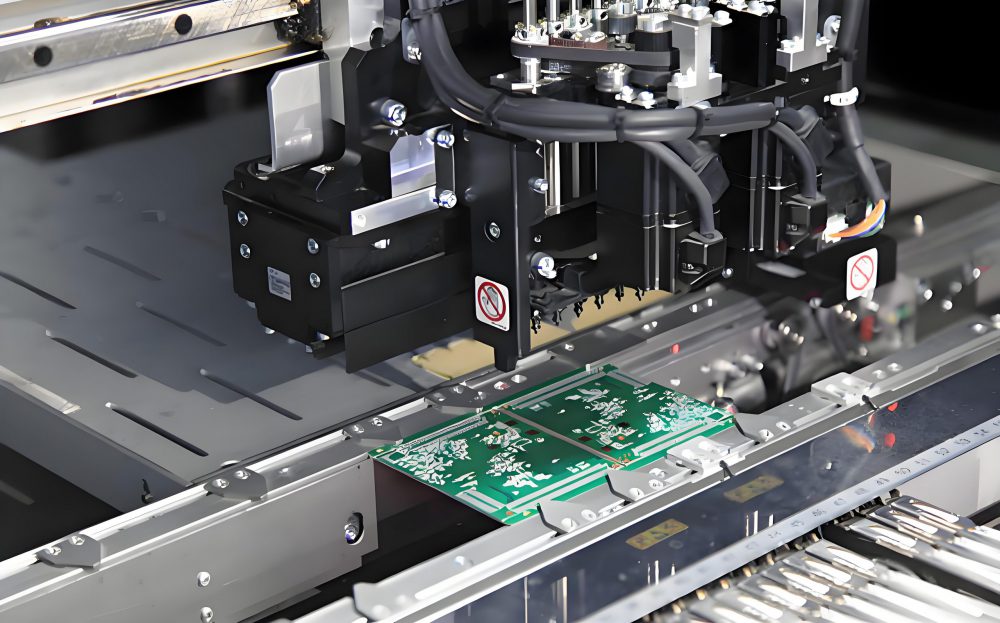I. Basic Precautions
Input and Output Matching:
Ensure that the parameters such as the voltage and current of the input power supply match the specification requirements of the DC power supply module. Avoid situations like overvoltage and overcurrent, which may lead to damage to the module.
For the output terminal, select appropriate voltage and current ratings according to the actual needs of the load equipment.
Installation Environment:
The DC power supply module should be installed in an environment that is dry, well-ventilated, free of corrosive gases, and with less dust.
Avoid installing the module in places exposed to direct sunlight, high temperatures, or humidity to prevent affecting its performance and lifespan.
Heat Dissipation and Ventilation:
The DC power supply module generates heat during operation. Therefore, it is necessary to ensure good heat dissipation and ventilation conditions.
Heat dissipation devices such as cooling fans and heat sinks can be used to improve the heat dissipation performance of the module.
II. Operation and Maintenance
Proper Operation:
Before operating the DC power supply module, carefully read the instruction manual to understand the functions, operation methods, and precautions of the module.
Avoid plugging and unplugging operations while the module is energized to prevent damage to the module or the risk of electric shock.
Regular Maintenance:
Regularly maintain the DC power supply module, including cleaning the housing, checking whether the connectors are loose, measuring the input and output voltage and current, etc.
If any abnormal phenomena are found in the module, such as severe heating, unstable output voltage, etc., stop the machine immediately for maintenance.
Safety Protection:
The DC power supply module should have perfect safety protection functions, such as overvoltage protection, overcurrent protection, short-circuit protection, etc.
During use, ensure that these protection functions are normal and effective to prevent damage to the module or safety accidents caused by failures.
III. Special Precautions
Hot Swap Issue:
Most DC power supply modules do not support hot swap operations. If a plugging and unplugging operation is required, first disconnect the power supply and ensure that the module has cooled down before proceeding.
Load Connection:
Before connecting the load, ensure that the output voltage and current of the module have been adjusted to the required values.
Avoid running the module for a long time under conditions of excessive load or short circuit to prevent damage to the module or the occurrence of safety accidents.
Magnetic Interference Issue:
The DC power supply module may be affected by external magnetic fields during use. Therefore, control the distance between the module and the equipment in use and try to minimize the impact of magnetic interference.
IV. Other Suggestions
Backup and Redundancy:
For critical application scenarios, it is recommended to use backup or redundant power supply modules to improve the reliability and stability of the system.
Professional Training:
Operators should receive professional training and be familiar with the working principle, operation method, and safety precautions of the DC power supply module.
Regular Detection:
Regularly detect and test the DC power supply module to ensure its stable and reliable performance.

